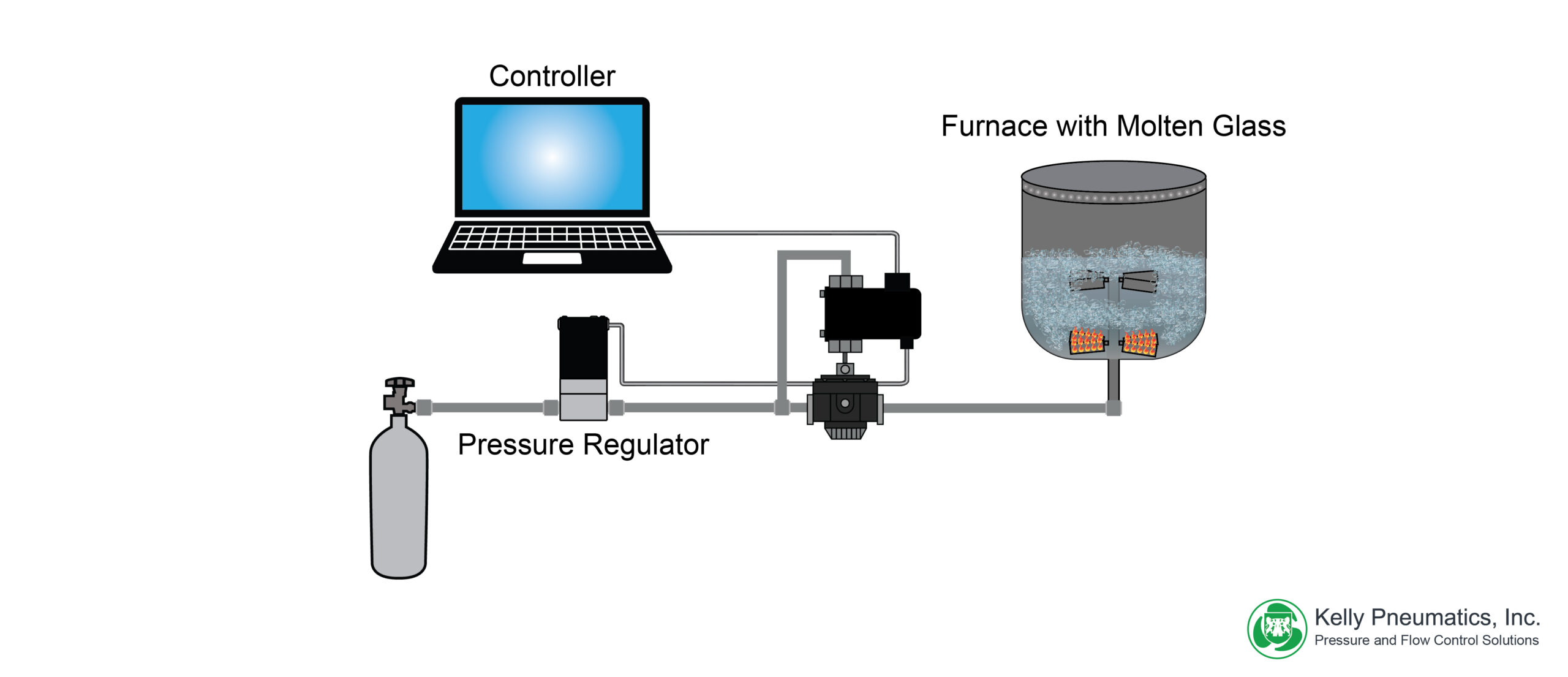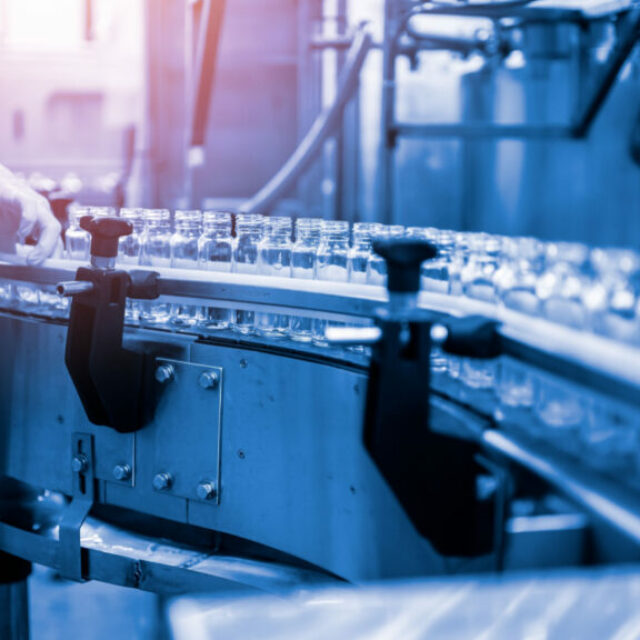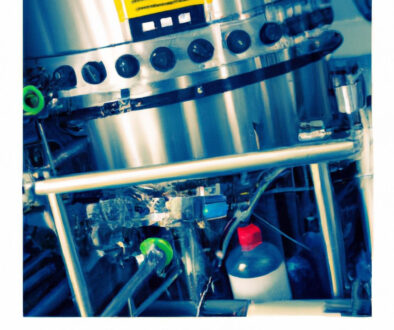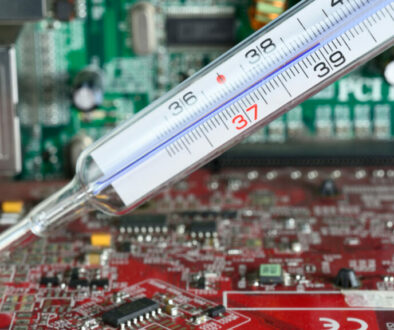The Importance of Pressure, Temperature, and Flow Control Systems in Glass Manufacturing
Glass is frequently used in industrial applications due to its strength and durability. The manufacturing process of industrial glass involves several steps and the use of specialized equipment. The first step in glass manufacturing is to gather the raw materials. Common glass ingredients include sand, soda ash, limestone, and cullet (recycled glass). Once the raw materials are gathered, they are placed in a glass furnace where they are melted at high temperatures. Next, the molten glass is poured into a glass lamination machine. This machine helps to control the thickness and shape of the glass. The glass agitator in the lamination machine ensures that the glass is evenly distributed. After the glass has been laminated, it undergoes annealing. This process helps to relieve stress in the glass and improve its strength. Annealing is done by slowly cooling the glass. Finally, the glass is cut to the desired size and shape. Industrial glass manufacturers must carefully control both air flow and pressure during this process to prevent breakage. By following these steps, industrial glass manufacturers can produce high-quality glass for a variety of applications.
Pressure, temperature, and flow control systems are all integral to the glass manufacturing process. Without air control, the entire process would be much more difficult to manage and could even be dangerous. With the right air control system in place, manufacturers can ensure that their product is of the highest quality and meets all safety standards. So, if you’re looking to get into glass manufacturing, be sure to invest in a good air control system!
Pneumatic air control systems are used extensively throughout many industries because they provide an efficient way to move large volumes of air or gas with very little energy expenditure. Pneumatic systems use compressed air or gas to power cylinders or other actuators which then create the force required to move an object.
There are many different types of air control systems available on the market, each with their own unique set of features and benefits. When choosing an air control system for your glass manufacturing operation, it’s important to consider the specific needs of your application. For example, you’ll need to decide if you need a system that can handle high temperatures or one that can withstand harsh chemicals. You’ll also need to decide what type of air compressor will best meet your needs. There are many different types of air compressors available, so be sure to do your research before making a purchase!
 Glass manufacturing is a complex process that requires a high degree of precision and accuracy. In order to produce high-quality glass products, it is essential to maintain precise control over the pressure, temperature, and flow rate of the molten glass. Any deviation from the optimal parameters can result in defects in the finished product. In this article, we will take a closer look at these three factors and discuss how they impact the quality of glass manufacturing.
Glass manufacturing is a complex process that requires a high degree of precision and accuracy. In order to produce high-quality glass products, it is essential to maintain precise control over the pressure, temperature, and flow rate of the molten glass. Any deviation from the optimal parameters can result in defects in the finished product. In this article, we will take a closer look at these three factors and discuss how they impact the quality of glass manufacturing.
Electronic pressure regulators are used to maintain the correct amount of pressure within the glass furnace. The molten glass is placed under high pressure in order to prevent it from collapsing during the manufacturing process. If the pressure is too low, the glass will be too soft and will not hold its shape. If the pressure is too high, the glass will be too brittle and may break during the manufacturing process.
The temperature of the molten glass must be carefully controlled in order to ensure that it is not too hot or too cold. If the temperature is too hot, the glass will become distorted and may not solidify properly. If the temperature is too cold, the glass will be more likely to break during handling. Mass flow controllers are used to regulate the flow of molten glass into the mold, in order to maintain the correct temperature.
The glass agitator is used to keep the molten glass in suspension and prevent it from settling at the bottom of the furnace. If the glass settles, it will become too concentrated and will not cool evenly. This can result in uneven thickness and imperfections in the finished product. The agitator must be carefully controlled in order to maintain the correct level of agitation.
As you can see, pressure, temperature, and flow rate are critical factors in glass manufacturing. Any deviation from the optimal parameters can result in defects in the final product. Electronic pressure regulators, mass flow controllers, and glass agitators are essential tools for maintaining precise control over these factors. By using these tools, glass manufacturers can produce high-quality products that meet the demands of their customers.



